Filter by
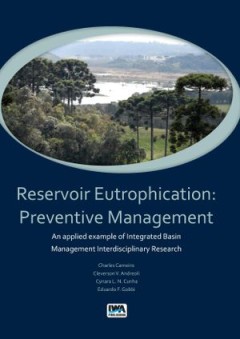
Forests, carbon cycle and climate change
The results presented in this book summarize the main findings of the CARBOFOR project, which brought together 52 scientists from 14 research units to investigate the effects of future climate on the carbon cycle, the productivity and vulnerability of French forests. This book explains the current forest carbon cycle in temperate and Mediterranean climates, including the dynamics of soil carbon…
- Edition
- -
- ISBN/ISSN
- 9782759203857
- Collation
- -
- Series Title
- -
- Call Number
- -
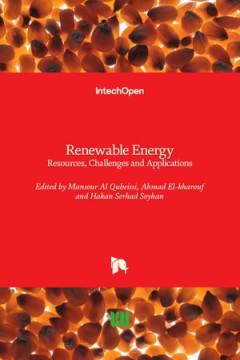
Food Price Volatility and Its Implications for Food Security and Policy
Agricultural Economics
- Edition
- -
- ISBN/ISSN
- 9783319281995
- Collation
- -
- Series Title
- -
- Call Number
- -
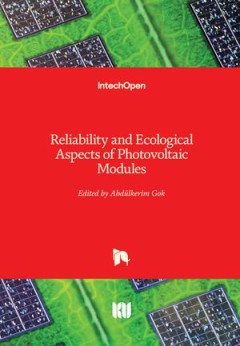
Finance for Food: Towards New Agricultural and Rural Finance
This book reflects the current state of discussion about agricultural and rural finance in developing and transition countries. It provides insight into specific themes, such as commodity value chains, farm banking, risk management in agricultural banking, structured finance, crop insurance, mobile banking, and how to increase effectiveness in rural finance. Case studies illustrate various aspe…
- Edition
- -
- ISBN/ISSN
- 9783642540349
- Collation
- -
- Series Title
- -
- Call Number
- -
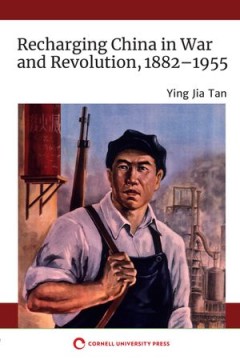
Filtration Materials for Groundwater: A Guide to Good Practice
Ground water is a source for drinking and industrial water supply and pollution created by active industrial sites which often cause social, health, and environmental problems. This groundwater eventually drains into adjacent water sources. Filtration Materials for Groundwater: A Guide to Good Practice presents the up-to-date technology of purification of polluted ground water, its treatment fo…
- Edition
- -
- ISBN/ISSN
- 9781780406992
- Collation
- -
- Series Title
- -
- Call Number
- -
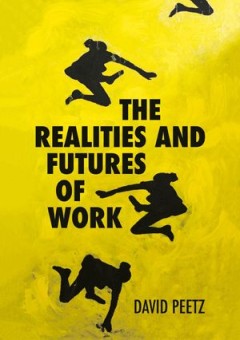
Fields of Gold: Financing the Global Land Rush
Fields of Gold critically examines the history, ideas, and political struggles surrounding the financialization of farmland. In particular, Madeleine Fairbairn focuses on developments in two of the most popular investment locations, the US and Brazil, looking at the implications of financiers' acquisition of land and control over resources for rural livelihoods and economic justice. At the hear…
- Edition
- -
- ISBN/ISSN
- 9781501750090
- Collation
- -
- Series Title
- -
- Call Number
- -
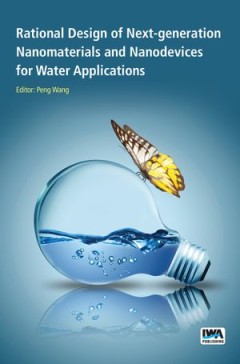
Fashion, Society and the First World War: International Perspectives
The historiography of the Great War has been significantly renewed in recent years, yet, despite its crucial social, economic, and cultural importance, the role that fashion played in shaping wartime experiences and economies has not yet been addressed. This collection fills this gap in the literature by examining the impact the Great War had on fashion, its industry, and civilians in a transna…
- Edition
- -
- ISBN/ISSN
- 9781350119864
- Collation
- -
- Series Title
- -
- Call Number
- -
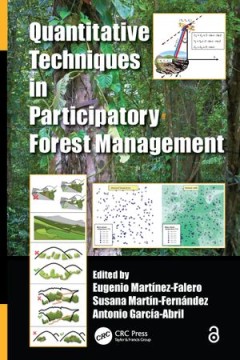
Faecal Sludge Management Systems
"It is estimated that literally billions of residents in urban and peri-urban areas of Africa, Asia, and Latin America are served by onsite sanitation systems (e.g. various types of latrines and septic tanks). Until recently, the management of faecal sludge from these onsite systems has been grossly neglected, partially as a result of them being considered temporary solutions until sewer-based …
- Edition
- -
- ISBN/ISSN
- 9781780404721
- Collation
- -
- Series Title
- -
- Call Number
- -
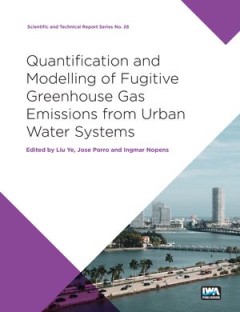
Facets of Facebook: Use and Users
The debate on Facebook raises questions about the use and users of this information service. This collected volume gathers a broad spectrum of social science and information science articles about Facebook. Facebook has many facets, and we just look forward above all to the use and users. The facet of users has sub-facets, such as different age, sex, and culture. The facet of use consists of…
- Edition
- -
- ISBN/ISSN
- 9783110419351
- Collation
- -
- Series Title
- -
- Call Number
- -
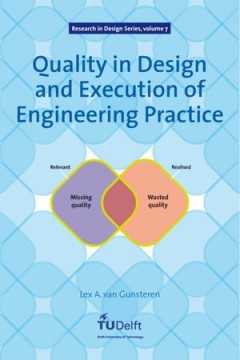
Fabricate 2014
FABRICATE is an international peer reviewed conference that takes place every three years with a supporting publication on the theme of Digital Fabrication. Discussing the progressive integration of digital design with manufacturing processes, and its impact on design and making in the 21st century, FABRICATE brings together pioneers in design and making within architecture, construction, engin…
- Edition
- -
- ISBN/ISSN
- 9781787352148
- Collation
- -
- Series Title
- -
- Call Number
- -
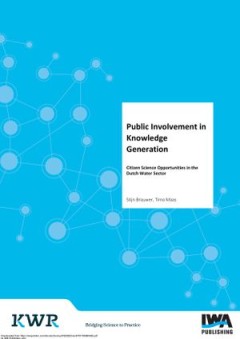
Experimental Methods in Wastewater Treatment
Over the past twenty years, the knowledge and understanding of wastewater treatment has advanced extensively and moved away from empirically-based approaches to a fundamentally-based first-principles approach embracing chemistry, microbiology, and physical and bioprocess engineering, often involving experimental laboratory work and techniques. Many of these experimental methods and techniques h…
- Edition
- -
- ISBN/ISSN
- 9781780404752
- Collation
- -
- Series Title
- -
- Call Number
- -
 Computer Science, Information & General Works
Computer Science, Information & General Works  Philosophy & Psychology
Philosophy & Psychology  Religion
Religion  Social Sciences
Social Sciences  Language
Language  Pure Science
Pure Science  Applied Sciences
Applied Sciences  Art & Recreation
Art & Recreation  Literature
Literature  History & Geography
History & Geography